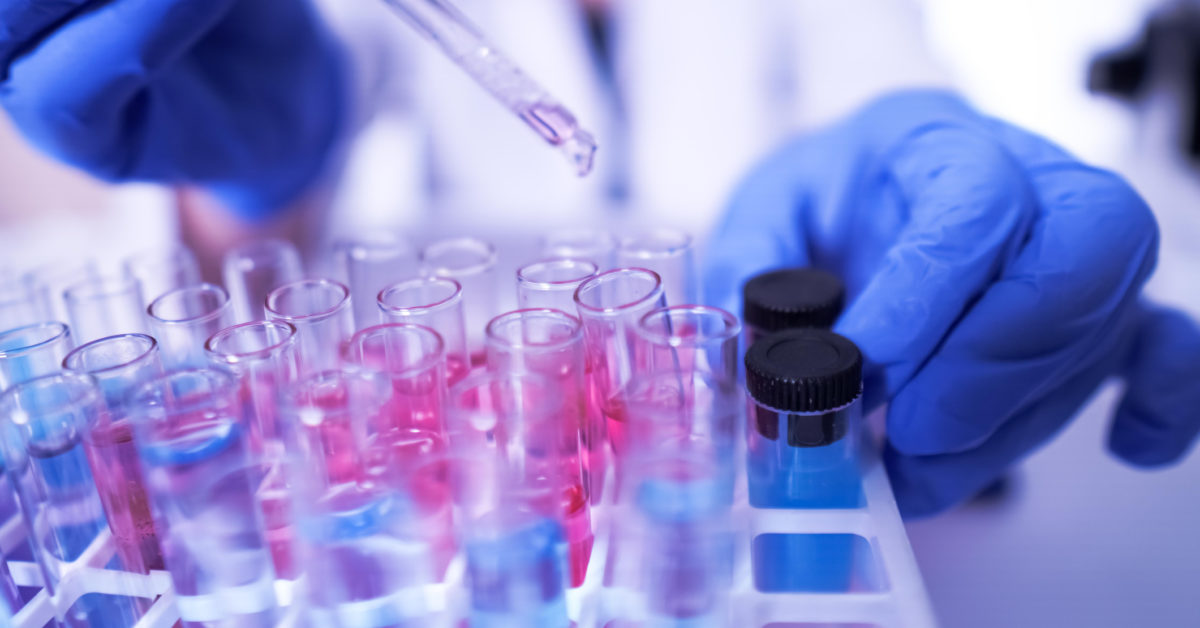By mapping interactions between human proteins and the new coronavirus, researchers have pinpointed 29 potential treatments using drugs already approved by the Food and Drug Administration (FDA) for a wide range of other conditions.

There is currently no vaccine or antiviral drug with proven efficacy against SARS-CoV-2, the virus that causes COVID-19, though several clinical trials are underway.
Lack of in-depth knowledge about how the newly emerged virus interacts with human cells has hampered the hunt for an effective treatment.
A study set for publication in the journal Nature marks a significant leap forward in our understanding of the interaction between the virus and its host. An unedited PDF of the peer-reviewed paper is available for download.
Prof. Nevan J. Krogan, from the University of California San Francisco (UCSF), is the last author of the study.
The research also identifies dozens of potential drug candidates, including 29 already approved by the FDA for treating cancer, type 2 diabetes, and schizophrenia, among other conditions.
Viruses work by hijacking the machinery of their host cell to make copies of themselves, which can then go on to infect other cells.
Prof. Krogan and team write:
“To devise therapeutic strategies to counteract SARS-CoV-2 infection … it is crucial to develop a comprehensive understanding of how this coronavirus hijacks the host during the course of infection, and to apply this knowledge towards developing both new drugs and repurposing existing ones.”
In 2011, Prof. Nevan Krogan and his colleagues at UCSF discovered a way to map all the human proteins that a virus needs to survive and replicate.
The idea is that drugs targeting these proteins can potentially disrupt the replication of the virus.
The technique, which they call affinity purification mass spectrometry, involves first synthesizing genes from the virus and then injecting them into human cells in the lab.
The first protein “interactome” map they created was for HIV and led to the development of one of the drugs in the cocktail used to treat the virus.
The researchers have also mapped the viruses that cause Ebola, dengue fever, Zika virus, West Nile fever, and several other diseases.
Early this year, the scientists led a collaboration of 22 labs in the United States, France, and the United Kingdom that worked around the clock to complete a protein interactome map for SARS-CoV-2.
“This was a huge effort led by Nevan Krogan’s team at UCSF,” says Prof Bryan L. Roth, MD, Ph.D. of the University of North Carolina School of Medicine in Chapel Hill, NC, which was part of the collaboration. “It is amazing this team of 100 researchers completed this so fast, given that the genetic sequence of the virus was not available for study until January.”
They identified 332 interactions between human and viral proteins. Among the human proteins involved in these interactions, 66 are targeted by 69 known compounds (29 FDA-approved drugs, 12 drugs in clinical trials, and 28

